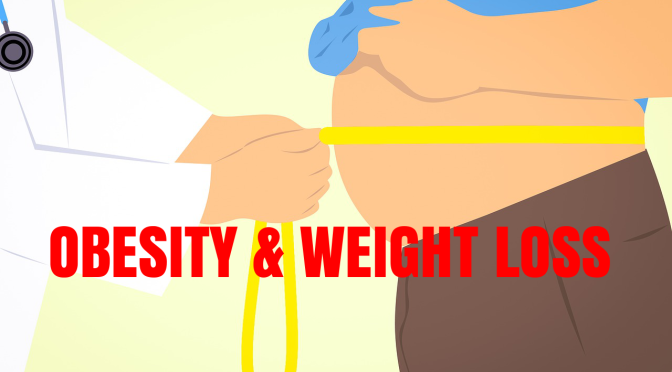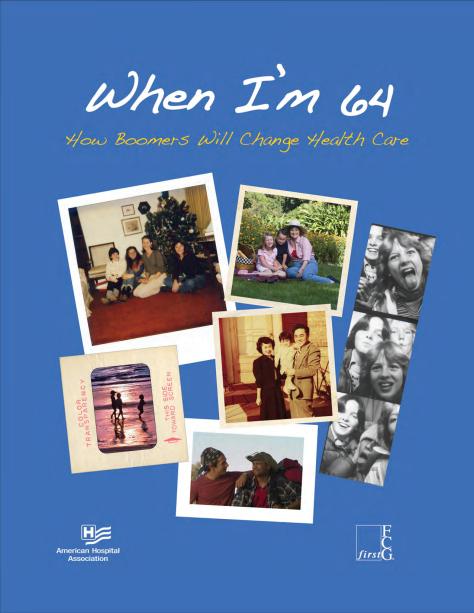 “Will price transparency lower health care costs? Economic theory and hospital opposition suggest it would, but the answer is not as straightforward as you might expect and could differ from market to market. Health care is a really strange economic sector, and it doesn’t always follow the usual rules.”
“Will price transparency lower health care costs? Economic theory and hospital opposition suggest it would, but the answer is not as straightforward as you might expect and could differ from market to market. Health care is a really strange economic sector, and it doesn’t always follow the usual rules.”
- …hospitals with low fees may demand the higher prices charged by sister institutions. Since 70% of hospital markets are so consolidated that they lack effective competition, the ability of low-priced institutions to push fees up should not be underestimated.
- …some research also shows that in the absence of understandable quality information, some consumers assume that high price means high quality and are actually drawn to higher-priced institutions. There’s a reason, after all, that the Ritz is more expensive than Motel 6.
Click link below to read more:
https://hbr.org/2019/07/price-transparency-in-health-care-is-coming-to-the-u-s-but-will-it-matter



 Discover the latest tools used to diagnose and treat back and neck pain. Series: “UCSF Osher Center for Integrative Medicine presents Mini Medical School for the Public”
Discover the latest tools used to diagnose and treat back and neck pain. Series: “UCSF Osher Center for Integrative Medicine presents Mini Medical School for the Public”









